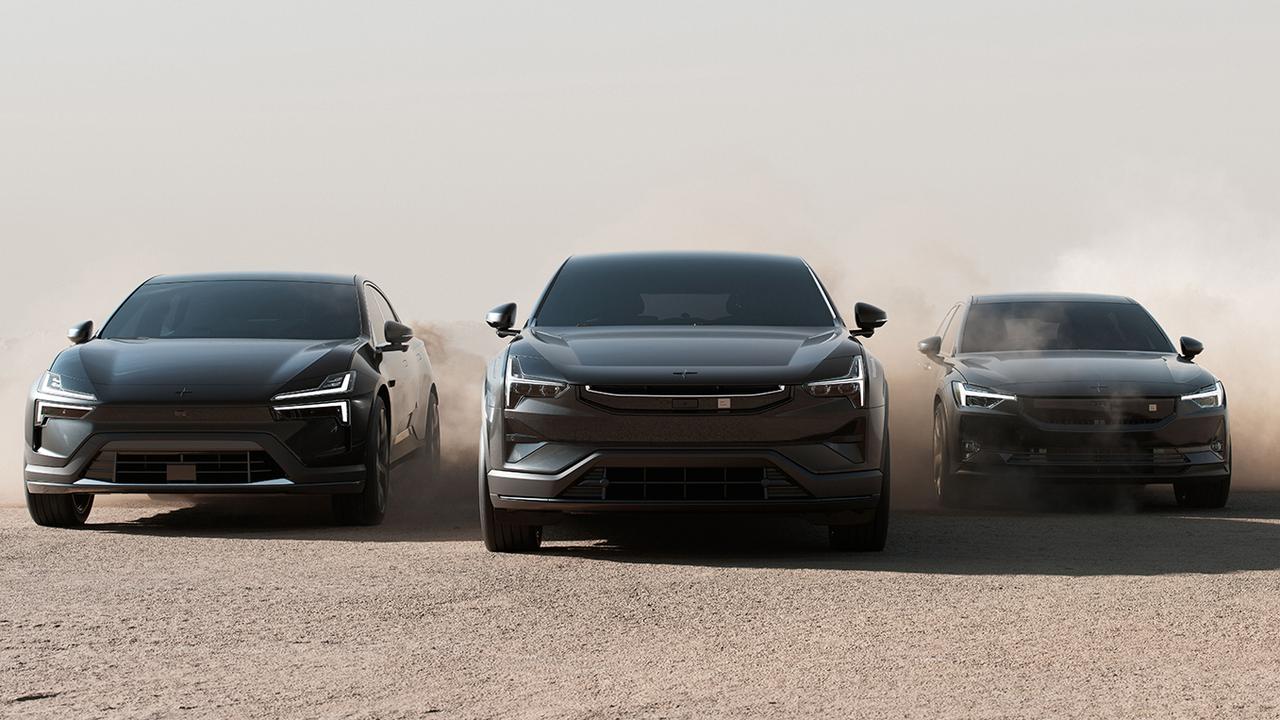Olympics, Ozempic and Oasis: Are these 2024’s top cultural moments?
Forget brat, the year’s biggest cultural and brand moments were the Olympics, Ozempic and Oasis, according to a new report.
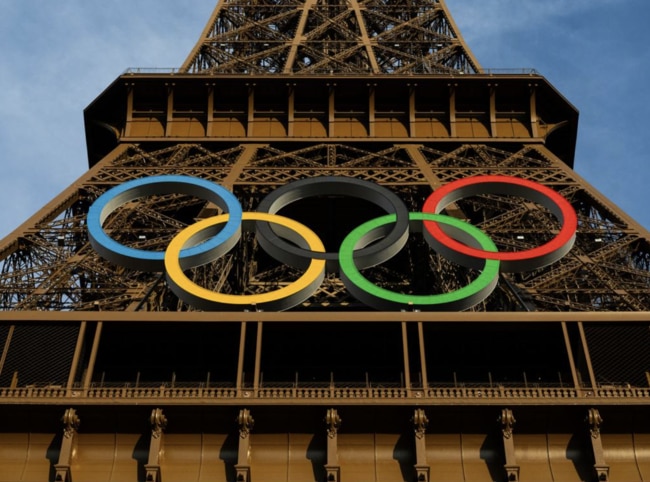
The Olympics, Ozempic and Oasis have come out on top in an international study of the year’s biggest brand and pop culture moments.
The Paris Olympics dominated the 2024 report scoring high among Baby Boomers, Gen X, Millennials and Gen Z, illustrating the broad reach of the international event to connect with different generations and as a vehicle for brands to engage consumers.
The annual report, by brand tracking company Tracksuit surveys 20,000 people across Australia, New Zealand, UK, US and Canada, to determine the events which captured consumers’ attention and provided key cultural moments for brands and marketers to tap into.
“Brands and marketers entered the arena with so many celebrity ambassadors and endorsements, insanely slick creative campaigns, experiential activations and sponsorship placements. The entire event became a microcosm of culture that produced so many different viral moments - more than the actual sport itself,” said Tracksuit head of marketing Mikayla Hopkins.
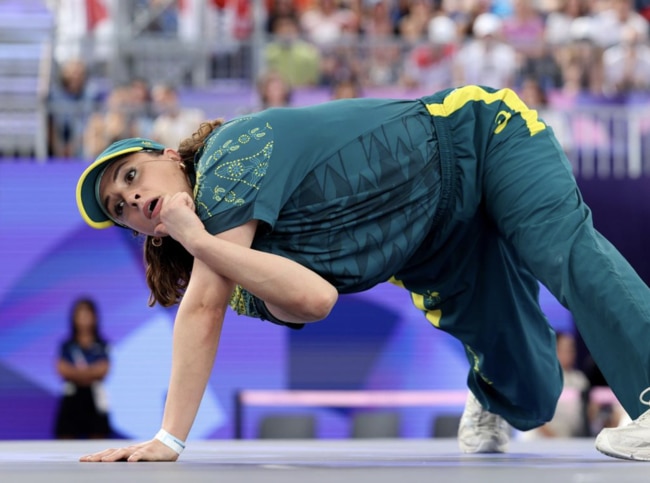
From Raygun to Snoop Dog, the Turkish pistol sharpshooter and Simone Biles, the Olympics presented significant opportunities for brands to capitalise on the conversation, and it was selected by one of four Aussies as the biggest brand event of the year.
While the Olympics came out on top, it ran a close race with Ozempic, the diabetes medication that has been touted as a miracle weight-loss drug. Ozempic was the second most popular brand moment with Aussies, led by 17 per cent of Gen X.
“Ozempic managed to cut-through the noise due to a myriad of reasons. Its popularity among celebrities and the constant guessing game of ‘who is on Ozempic’ as well as the constant chatter around the ethical nature of weight loss drugs in general,” said Ms Hopkins.
Ozempic also made headlines in Australia when New York University marketing professor and podcaster Scott Galloway told a marketing conference audience that the drug would have a more significant effect on the stock market than AI technology.
Other brand moments that made the top ten included Temu and its meteoric global growth, the Stanley Cup craze and Nike’s fall from grace.
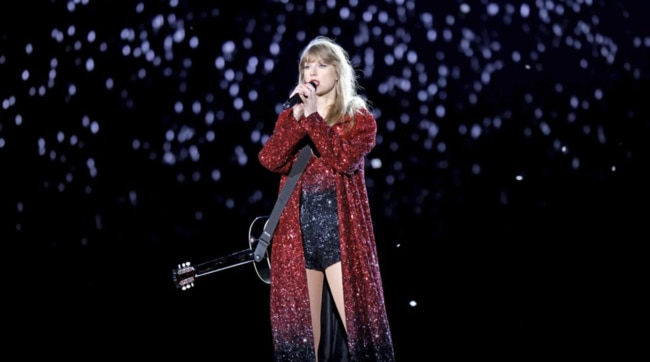
While the Australian ranking of brand moments was in line with the international results, the ranking differed when it came to pop-culture.
When it came to pop-culture Taylor Swift topped the list with 43 per cent of people identifying her loved-up romance with American football player Travis Kelce as the biggest pop culture moment of the year, although that number dropped to 34 per cent in Australia.
The second-place pop-culture moment for Australians went to British band Oasis and the huge swell of nostalgia it created with the announcement of the band’s reunion and global tour.
Ms Hopkins said the results illustrate the importance of marketers understanding the generational and geographical differences in audiences.
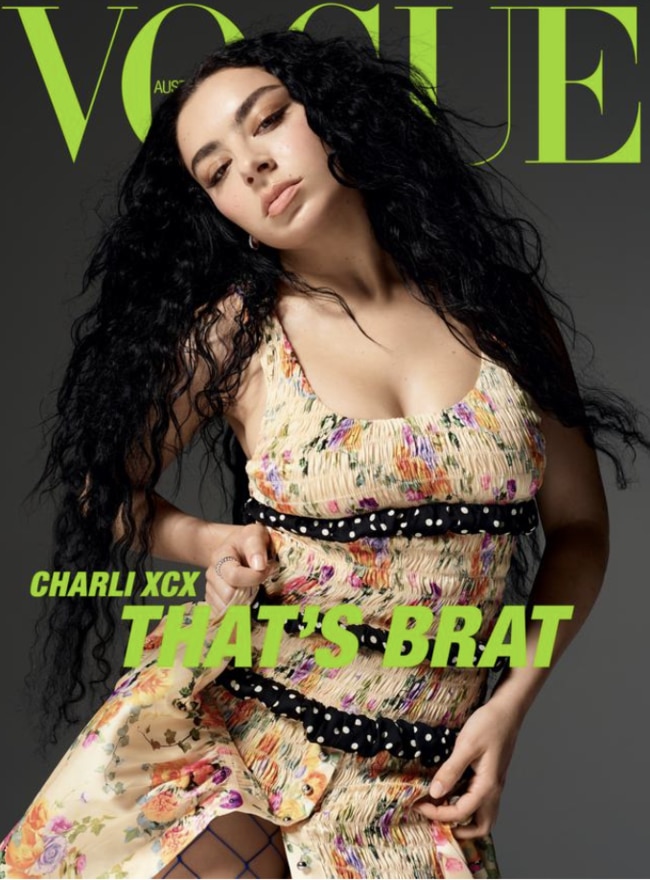
“In our chronically online millennial bubble at Tracksuit, we were all so certain that brat (Charli XCX’s 2024 album) was going to claim the top spot for this year, but it didn’t even come close. The brat album release was nationally publicised and there was so much hype, excitement and buzz, but while it was noticeably more popular with Gen Zs, it didn’t move the needle the way we thought that it would.”
Ms Hopkins also stressed that brands and marketers need to dig deeper into trends and cultural moments to ensure they are relevant and will resonate with the target audience.
“We’re all desperate to be culturally relevant, and if you time it right, you can be a part of that conversation and amplify it, but only if it feels natural for the brand. It’s about understanding your audience, knowing how to join that cultural conversation and ensuring that your brand’s media strategy actually aligns with the moment. We’ve all seen those times where brands have jumped on too late, too early, or haven’t used that cultural moment as a core vehicle to actually amplify what their brand stands for, and it’s just a waste of resources, and an inefficient way of growing your brand.”
The report suggests the number one thing for marketers is to apply a critical lens to cultural moments before diving on board. It also serves as a reminder to marketers than everyone, even Baby Boomers, loves Taylor Swift.

